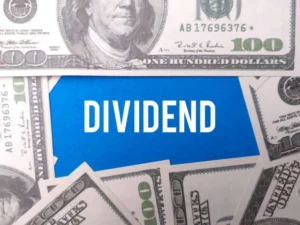Adidas has warned that US import tariffs could increase trainer prices due to limited American manufacturing capabilities. The company relies heavily on Asian factories, especially in Vietnam and China, where production remains vulnerable to trade restrictions.
Chief Executive Bjorn Gulden said tariffs will raise costs, which Adidas cannot avoid due to a lack of US facilities. He explained that the United States lacks both specialized equipment and skilled labor to produce trainers like the Samba and Gazelle.
During a call with reporters, Gulden said the tariff warning reflects uncertainty around long-term trade outcomes with exporting countries. Tariffs of up to 46% currently target Vietnam, where Adidas operates large factories that serve its international consumer base.
Although US officials paused those levies for 90 days, Adidas says that uncertainty continues to cloud its pricing strategies. Gulden acknowledged it is impossible to calculate how much costs will rise or how American consumers will respond to price hikes.
He added that trade tensions had halted the company’s plans to upgrade its financial projections for the remainder of the year. Adidas rushed shipments to the US to soften the impact before tariffs took effect and rerouted Chinese goods to other regions.
While Adidas didn’t confirm specific price increases, it hinted that sustained tariffs will eventually affect products sold in US stores. Despite US headwinds, Adidas reported record-breaking earnings of €610 million in Q1, nearly double the same period last year.
Strong global demand for its trainers, including the new Taekwondo design, drove growth across markets outside of North America. Gulden said Adidas’s current less dependence on the US gives it an advantage over rivals with greater American market exposure.
Gulden indirectly referenced Nike, noting Adidas’s global reach may offer resilience during volatile trade conflicts and economic shifts. Adidas stock remained stable in Frankfurt on Tuesday, recovering earlier losses as partial tariff suspensions calmed investor concerns temporarily.









